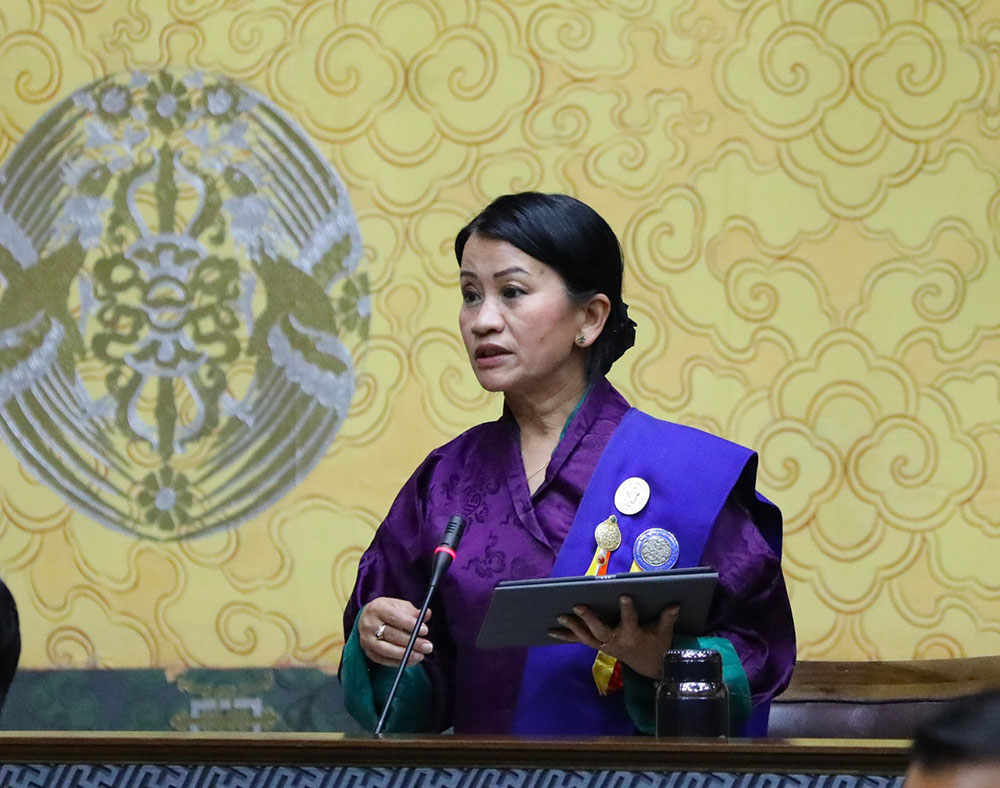Sherab Lhamo
The Special Education Needs (SEN) students can now pursue higher education even after attaining 16 years, Minister for Education and Skills Development (MoESD) JB Rai said yesterday.
Tashichhoeling MP Dil Maya Rai raised the concern during the National Assembly’s question-and-hour session, saying that SEN students do not have opportunities for further studies after 16 although the National Policy for Persons with Disabilities 2019 mandates it.
Section 7.4.8 of the policy states that if the government is not able to provide further education to persons with disabilities within Bhutan, the provision shall be made to offer an appropriate number of scholarships to SEN students on the basis of merit for studies abroad.
In response, Lyonpo JB Rai said that the concerns were untrue as there are some SEN students in schools even in their 20s.
Lyonpo said that SEN students in Changangkha Middle Secondary School, Thimphu, for example, are sent to the SEN schools like Muenselling Institute for Blind in Trashigang and Wangsel Institute for Deaf in Paro after graduating class XII.
“In Muenselling Institute, students can continue their higher studies after high school as they have a braille system-touch reading and writing for the blind,” JB Rai said, adding that the SEN students have opportunities to learn other skills such as GNH activities, outreach programmes, and English Braille literacy programme.
Discussions are underway among agencies to provide more opportunities for SEN students at the Wangsel Institute in Paro in the 14th Plan.
People with monoplegia and paraplegia—forms of paralysis—will have the opportunities to learn different types of skills in the technical training institutes, Lyonpo JB Rai said.
With fund support from the Asian Development Bank, MoESD in collaboration with the Ministry of Health plans to establish Multi-Service Centres in Thimphu, Gelephu, Mongar, and Phuentsholing.
“This will help equip SEN students with skills for the future,” Lyonpo said.


